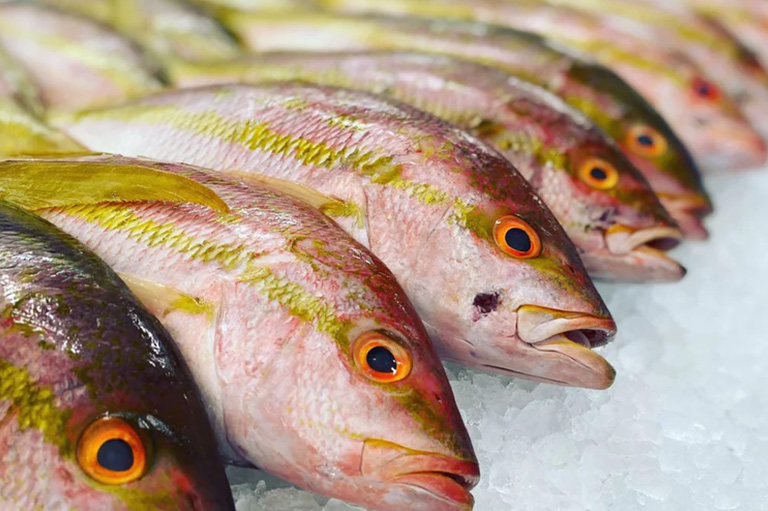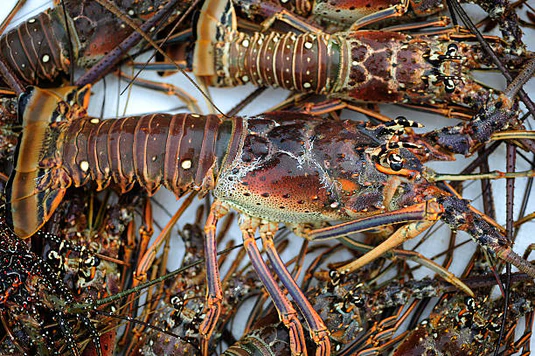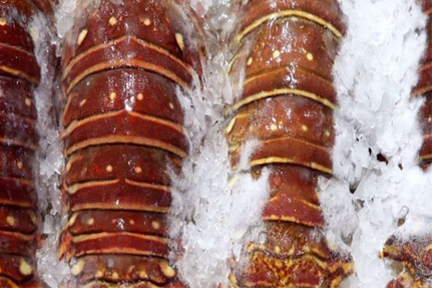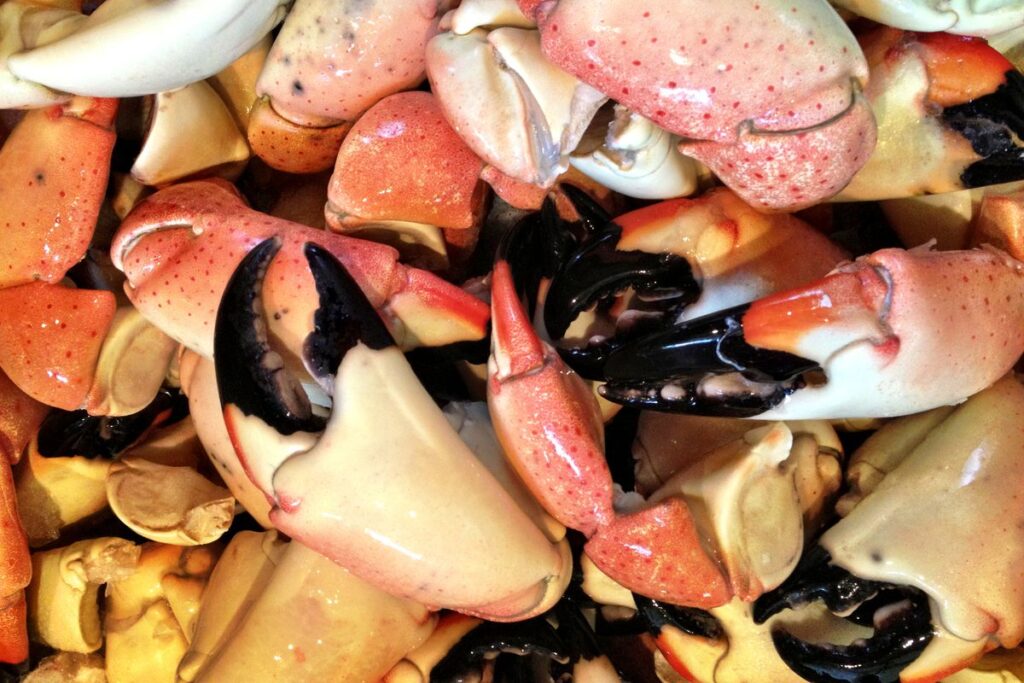WHY SHRIMP?
Shrimp farming is a fairly simple and lucrative industry. Actually, it is an aquaculture company that operates in either a freshwater or marine setting. The primary goal of this business is to produce shrimp or prawns for human consumption. Marine shrimp farming is a very old industry that is particularly well-liked in several Asian nations. Up until a decade ago, shrimp was typically thought of as a secondary crop in traditional fish farming systems.
Shrimp fry caught in brackish water fishponds, coastal paddy fields, or salt beds are allowed to mature to marketable size before being collected as a secondary crop. However, farmers have just begun to grow shrimp professionally as their main crop. Additionally, a lot of farmers have turned their salt beds, fish ponds, and rice fields into shrimp farms. The fish ponds are typically stocked with fry that have been either caught in the wild or concentrated through tidal water entering the ponds.
But today, the majority of shrimp farmers use cutting-edge methods to grow shrimp. Additionally, a tiny plot of land can produce a lot of food.
Shrimp farming in freshwater is also progressively gaining popularity. In 2010, there were approximately 670k freshwater prawns produced annually worldwide.
RICH IN NUTRIENTS: & ZINC.
Shrimp farming has increased shrimp availability for a hungry, shrimp-loving populace in the US, Europe, Japan, and other countries. The goal of Biminibay is to guarantee the ethical production of this priceless good. Traditional fractionalized shrimp farming takes place primarily on aquatic lands in The Bahamas.

Why Shrimp farming?
- Shrimp that is edible takes three to four weeks to fully mature.
- These crustaceans are highly sought after worldwide.
- When edible shrimp hatch from their eggs, they typically go through four developmental stages. After spawning, viable eggs undergo quick cleavage formation. Depending on the species, the first stage is finished in 12 to 18 hours or longer.





